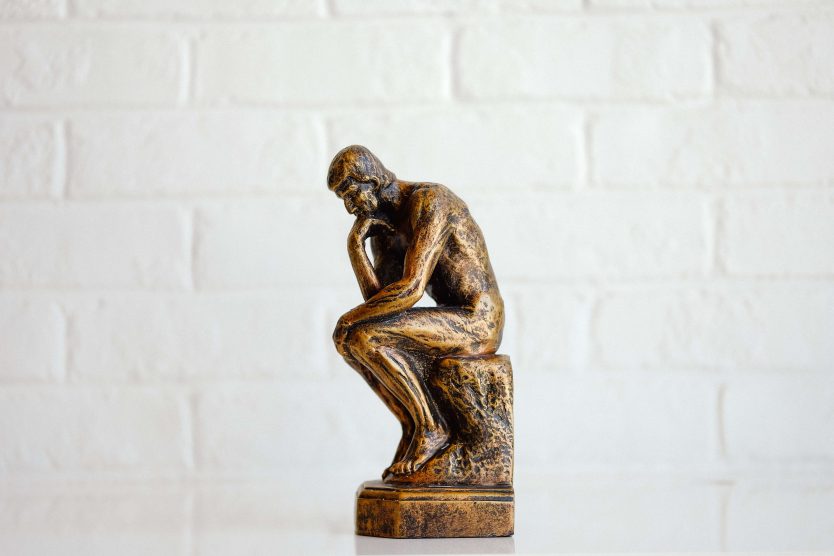Even though endometriosis is an all-too-common disorder affecting up to 11% of American women,1 many still know very little about it. And because it’s a disorder affecting the organs of the pelvis, some women may be too embarrassed to learn more.
That’s why we’re committed to giving women all the tools they need to improve their pelvic health. And it’s why we’re jumping into the questions you might be too afraid to ask about endometriosis.
Can Endometriosis Cause Weight Gain?
There is currently no scientific research to indicate that endometriosis directly causes weight gain. But endometriosis treatments can lead to weight gain, and pain related to endometriosis may make it difficult to exercise. 2 And, anecdotally, many women feel that they experience weight gain due to the disorder.
Endometriosis can also cause bloating and swelling of the abdominal region, leading to what is sometimes called ‘endo belly.’ Endometriosis is caused by tissue that builds up and breaks down each month outside of the uterus, along with your cycle. Since this tissue is outside the uterus, it becomes trapped and sometimes inflamed and irritated. This can lead to swelling of the belly, which may be painful and uncomfortable.3
So bloating, constipation and fluid retention are all symptoms of endometriosis that can all make a woman look or feel heavier.
If you think endometriosis is causing you to gain weight, you should speak to your doctor.
Can Endometriosis Cause Constipation?
Constipation is one of the many unpleasant symptoms associated with endometriosis. In fact, endometriosis can impact the bowels in many ways, leading to issues like diarrhea, constipation, gas and bloating.4
You can relieve constipation caused by endometriosis in the same you relieve regular constipation. Don’t strain, don’t rush yourself in the bathroom, try to increase your water and fiber intake, and feel free to try self-massaging your abdomen. Light exercise can help too.
Can Endometriosis Cause Bloating?
As we’ve covered, bloating is a major symptom of endometriosis. This bloating can be a lot more severe and painful than bloating often associated with the menstrual cycle. It can also last longer, sometimes for days or weeks.5
Can Endometriosis Cause Hair Loss?
Hormonal treatments for endometriosis can lead to hair loss.6 Hair loss is also a symptom of another similar condition called polycystic ovarian syndrome (PCOS), and it is possible to have both PCOS and endometriosis at the same time. That’s why it’s critical you seek medical attention if you are experiencing any of these symptoms. 7
Can Endometriosis Cause Pain During Sex?
Pain during sex is a common symptom of endometriosis, impacted by where the endometrial tissue grows. If it grows behind or around the vagina, penetration can cause painful pulling or stretching. In fact, two-thirds of women with endometriosis report sexual issues of some kind.8 The level of pain varies, as does the amount of penetration required to cause pain.
Painful sex, as well as some of the other unpleasant symptoms women experience with endometriosis, can also lead to a lower sex drive. Be open with your partner about what you’re feeling, and be sure to seek medical and therapeutic help. Our new Physician Finder can help you find a specialist in your area to treat endometriosis, as well as many other pelvic floor disorders.




















